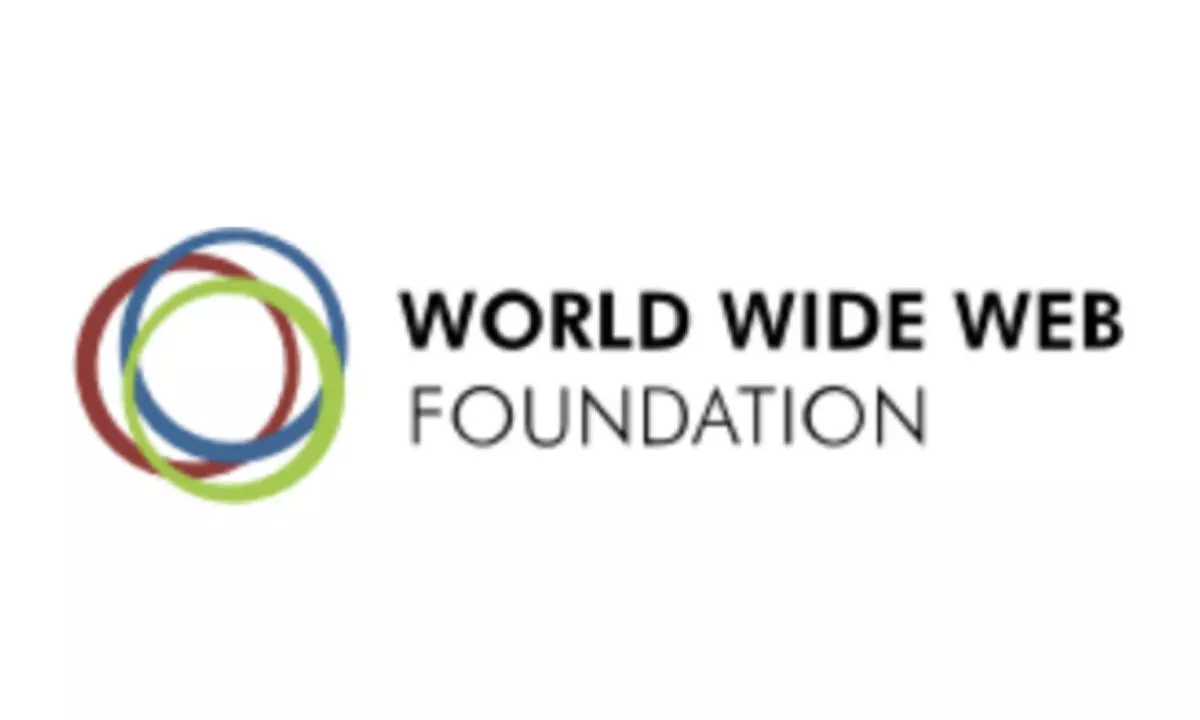World Wide Web Foundation to Shut Down After 15 Years; Details

The World Wide Web Foundation is closing after 15 years, having significantly advanced internet accessibility, safety, and inclusivity globally.
The World Wide Web Foundation (WWWF), founded in 2009 by Sir Tim Berners-Lee, has announced its closure after 15 years of impactful contributions to making the internet more accessible, affordable, and secure. As the internet has grown and evolved, with 70% of the global population now online, the foundation’s focus has shifted, leading to its decision to wind down. Here’s a closer look at what the WWWF is, its accomplishments, and why it’s shutting down.
What is the World Wide Web Foundation?
The World Wide Web Foundation was established with the goal of creating a web that is open, safe, and accessible to everyone, regardless of their location or economic background. When the foundation was launched in 2009, only around 20% of the global population had access to the internet. The WWWF took on the ambitious mission of expanding internet accessibility, affordability, and inclusivity, with a focus on underserved regions. Throughout its years of operation, the WWWF championed the social benefits of the web and worked tirelessly to address the digital divide. It supported research, developed tools, and influenced policies aimed at making the web a more inclusive space. The foundation was instrumental in advocating for affordable internet access, data privacy, and policies that protected internet users’ rights, ensuring that the web remained a place of empowerment and opportunity for all.
The WWWF also played a pivotal role in highlighting the importance of digital rights, privacy, and security, working with governments, tech companies, and civil society organizations to shape policies that would create a safer and more equitable internet. Their work helped bridge gaps in access and worked towards a vision of a connected world where the benefits of the internet could be shared by everyone.
Why is the World Wide Web Foundation Shutting Down?
The decision to shut down the World Wide Web Foundation stems from both the progress made in internet accessibility and a change in priorities. Since its founding, global internet access has surged, with nearly 70% of people around the world now connected. This significant progress means that the foundation's original mission of expanding access has largely been achieved. Additionally, many new organizations have emerged that share similar goals—working to ensure the internet remains safe, open, and affordable. These groups are well-equipped to take on the challenges of the future, including online privacy, security, and digital rights, which have grown increasingly complex. With more players stepping up to tackle these issues, the WWWF feels that the time is right to step aside. Sir Tim Berners-Lee, the co-founder of the WWWF, has decided to focus his energy on new projects, such as the Solid Protocol, which aims to give users greater control over their personal data. This project is part of a broader vision to decentralize the web and restore user agency over how their information is collected and used. As part of this shift in focus, the foundation will officially close by the end of September 2024.
Leaving Behind a Lasting Legacy
The World Wide Web Foundation has had a profound impact on the development of the internet as we know it today. It has made the internet a more inclusive, safer, and accessible place for millions of people. Though the foundation will be closing, its legacy will live on through the continued efforts of other organizations and initiatives dedicated to ensuring that the internet remains a force for good. Tim Berners-Lee’s ongoing projects, including the Solid Protocol, reflect the evolving challenges of the internet age and the need to safeguard individual control over personal data. As the WWWF closes its doors, it leaves behind a remarkable legacy, having transformed the web into a more accessible and empowering platform for users around the world.








